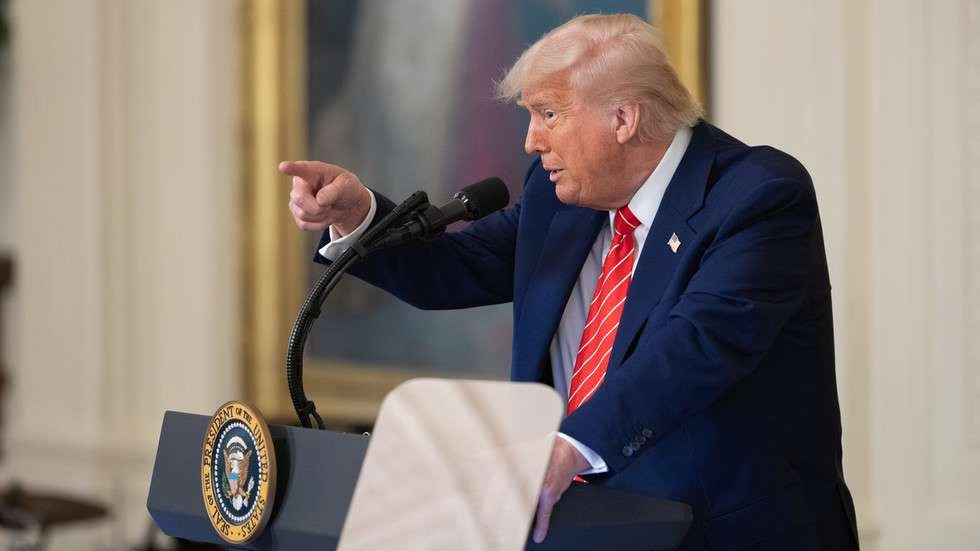In a significant shift in policy, US President Donald Trump has proposed increasing tax rates for the country’s highest earners, according to multiple media reports citing sources close to the matter. This move is intended to offset other cuts included in Trump’s comprehensive economic package, which lawmakers are currently working to pass. The legislative package is expected to yield $1.5 trillion in savings over the next decade, aiming to advance Trump’s policies on taxation, defense, energy, immigration, and border security, as well as raise the debt ceiling.
Just last month, Trump dismissed a proposal to increase taxes on wealthy Americans, reasoning that such a move could be “disruptive” and encourage millionaires to leave the US. However, the latest proposal comes as discussions are underway to limit the overall cost of the bill, with lawmakers seeking funding options, potentially by cutting entitlement programs such as Medicaid, which provides health coverage for low-income Americans.
The revised proposal, as reported by The New York Times, involves establishing a new 39.6% tax bracket for individuals earning at least $2.5 million annually, or couples with a combined income of $5 million per year. This is part of Trump’s request to House Speaker Mike Johnson. Additionally, Bloomberg cited an unnamed source indicating that the president is pushing to eliminate the carried interest tax break, which benefits venture capital and private equity fund managers.
Other tax increases under consideration include raising the tax on stock buybacks and further limiting companies’ ability to deduct compensation for highly paid employees, as noted by The New York Times. If implemented, the proposed tax hike would effectively roll back a tax cut signed into law by Trump during his first term, which reduced the top income tax rate from 39.6% to 37%. Currently, the 37% rate applies to individuals with annual incomes of $626,350 or more.
These developments highlight the ongoing efforts to finalize a massive legislative package that addresses various aspects of the US economy and policy. The proposal to increase taxes on high earners marks a notable change in approach, reflecting the complex and evolving nature of economic policy-making under the Trump administration. As discussions and negotiations continue, the outcome of these proposals will be closely watched, both within the US and internationally, for their potential impact on the economy and society.
